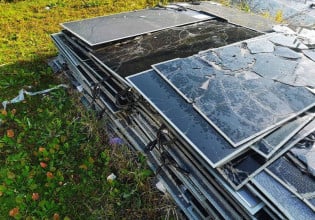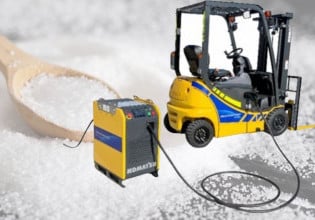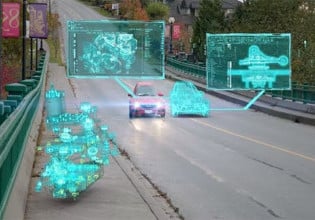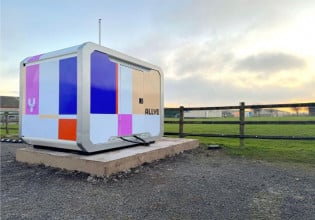Duke Energy and ITOCHU to Develop Strategies for Reusing Electric Vehicle Batteries
Duke Energy and Tokyo-based ITOCHU Corp. signed an agreement to collaborate on advanced energy technologies, starting with the evaluation and testing of second-life applications for electric vehicle batteries.
According to some auto industry estimates, electric vehicle (EV) batteries that can no longer charge to approximately 80% of their original capacity may be candidates for replacement. Duke Energy and ITOCHU believe batteries that become unsuitable for use in EVs could live on in other applications. Reuse possibilities for these batteries include providing a supplemental home energy supply, storing renewable power and providing a fast-charging power source for EVs.
To determine the technical feasibility and commercial viability of these second-life applications, Duke Energy and ITOCHU will first gather and analyze data from at least 2,000 kilowatt-hours of Ener1 lithium ion batteries deployed in a fleet of approximately 80 Th!nk plug-in EVs. Initial testing will occur in Duke Energy’s Indiana service territory.
Duke Energy and ITOCHU’s pilot program builds upon their involvement in Project Plug-IN, a large-scale public/private EV initiative based in Indianapolis.
The companies will assess how EV batteries perform in their "second lives," including stationary applications in homes, neighborhoods and commercial buildings. This pilot project will help Duke Energy and ITOCHU validate potential business models for future commercialization. In addition, the companies believe increasing the total lifetime value of batteries through second-life applications could help reduce initial battery cost.
Duke Energy will provide engineering design support for battery installations, as well as supply test sites and personnel. ITOCHU will provide its stationary energy storage infrastructure expertise to enable the reuse of automotive batteries.






